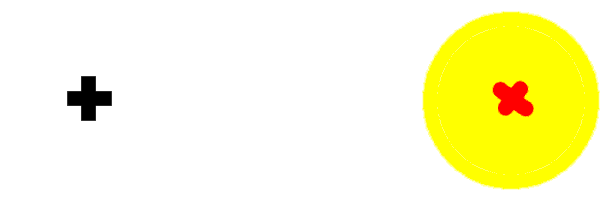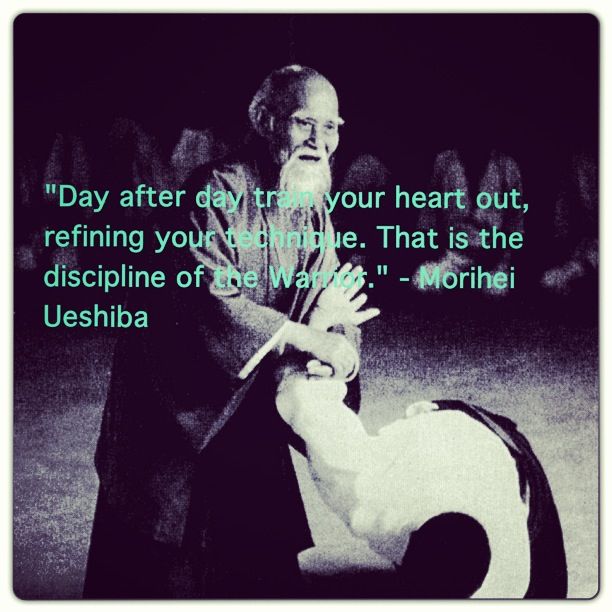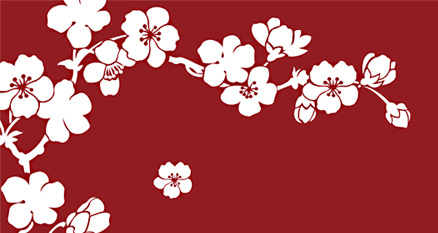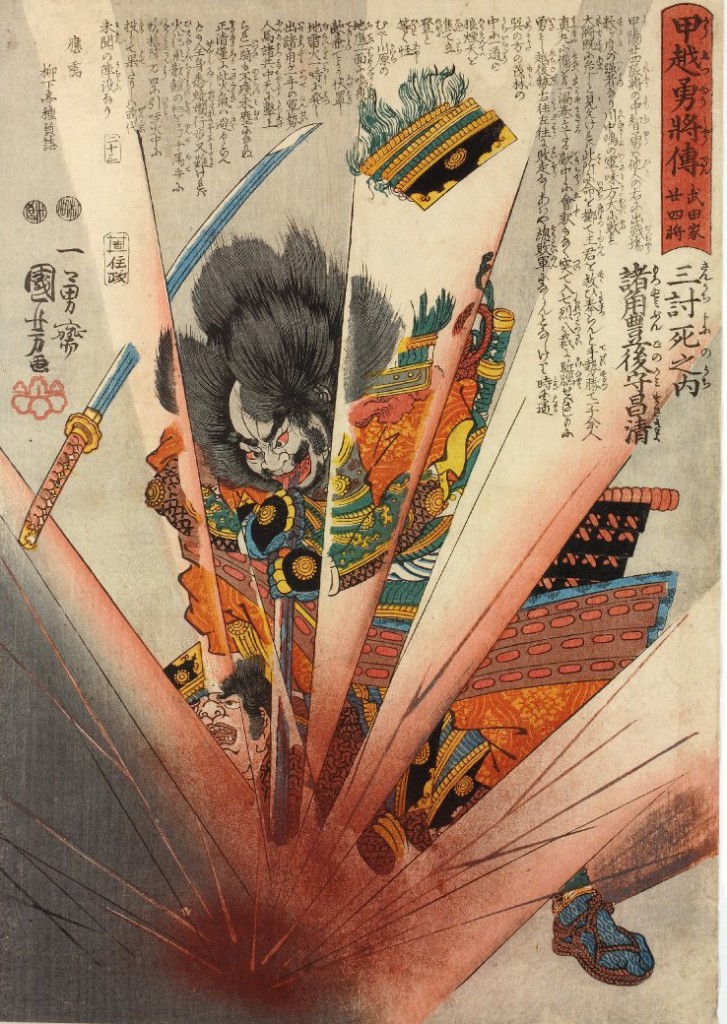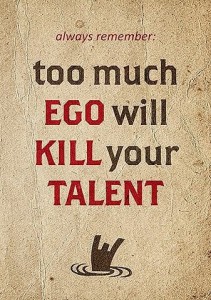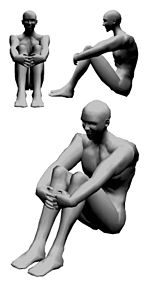I recently ran across this interview with World Karate Kata Champion Rika Usami who had recently retired. I found some inspiration as she spoke about her sensei and her training. I have posted this article in hopes that it inspires you. I have also added a video of her performing.
Imagine this sound:
12,000 people giving somebody a 5-minute-long standing ovation.
Now, imagine this “somebody” is a tiny Japanese girl, performing kata in the middle of a huge arena!
Her name is Rika Usami.
At the 2012 World Championships in Paris.
That’s the incredible power of her kata!
Rika Usami is truly one of a kind when it comes to the technical execution of kata.
Her merits include gold medals from huge competitions such as the Japanese National Championships, Asian Championships, World Championships, Istanbul Open, Jakarta Open, Dutch Open, Paris Open, Salzburg Open and other events in the international tournament scene.
I’ve been filming her top-class kata performances for a long time.
You’ve probably seen her Bassai Dai, Seienchin, Koshokun Dai, Koshokun Sho, Tomari Bassai or Chatan Yara Koshokun many times if you follow my YouTube channel.
However, not until this weekend did I actually interview her!
And the result was epic…
J (Jesse): Okay, Usami-san! Let’s take it from the beginning: When, where and why did you start practicing Karate?
RU (Rika Usami): “I started Karate when I was 10 years old, by joining a Goju-ryu style dojo located near my family’s house in Tokyo. The reason was because one day I saw a cool female fighter on TV, which made me really curious about the martial arts. Back then, my older brother had already been practicing Karate for a while, even letting me wear his gi on occasions, so that helped me a lot when I decided to eventually start practicing Karate myself.”
J: And at what age did you start competing in kata?
RU: “My first tournament was when I had green belt. I was in elementary school at that time, 12 years old. It was a pretty small tournament though, consisting mostly of kids from nearby towns’ dojos. I actually did not participate in any bigger tournaments until I was 15 years old.”
J: So how long did it actually take before you started winning most of your tournaments?
RU: “I was 17 years old when I won a big tournament for the first time. That was the national high school championship. So, it actually took me 7 years to win my first tournament in Karate!”
J: And you’ve been winning a lot more since! Why do you think you’ve had such great success in tournaments anyway?
RU: “Probably because I truly love Karate more than anything else. Plus, I get a lot of support from people around me. Those are the reasons, I think.”
J: Speaking of people around you, can you tell me about your sensei? What is it about your master that makes him so special?
RU: “You mean Inoue sensei? Well, first of all, he teaches me not only the physical aspects of Karate, but he also helps me improve my mental abilities. It’s the spiritual aspect. Also, the main thing that separates Inoue sensei from other instructors is that, unlike many masters, he spends a lot of individual time together with me, to make sure I understand each ‘waza’ (technique) very clearly, practicing together with me for long hours.”
J: And apparently it’s working! So, before you won the female kata division at the WKF World Championships in Paris, how did your actual training/preparation schedule look like? I can imagine it was intense!
RU: “Yeah, in order to prepare for the World Championships, I naturally went to Tottori, where Inoue sensei’s dojo is located, for some very intense training. Around this time there were many other international students there too, training together to win in Paris, like Antonio (Diaz). Along with these dedicated athletes, I sometimes practiced from 10 am to 10 pm. Many times I practiced by myself too, even after finishing the group training sessions.”
RU: “Strength training is the starting point for my techniques, and it’s actually very important for this reason. You must do it. For any technique to be properly stabilized, basic physical strength is essential. Therefore, I perform strength training with the following philosophy in mind; great technique in kata can only be achieved with having a solid foundation of strength. That’s my opinion.”
J: And if anyone doubts that, you are living proof! So what about kumite? Do you practise kumite? A lot of kata competitors seem to shy away from it. Explain your thoughts on the relationship between kata & kumite.
RU: “After I started to seriously participate in kata tournaments, I started to train some kumite as well, to complement my basic (kihon) training. The main difference in the relationship between kumite and kata is that there is always a physical opponent in front of you in kumite, whereas in kata you are performing alone. But, you have to keep in mind that there is someone in front of you when you do kata too! So, kumite has really helped adjust my kata based on that conception.”
J: That’s an incredibly valuable insight. Now let me ask you a trickier question: What is your opinion about the difference between so-called “traditional Karate” (as a martial art), and “contemporary Karate” (as a sport)?
RU: “Hmm…. that’s very difficult [laughs]! *Long pause* Well, my thinking is that you shouldn’t consider those two – traditional/contemporary Karate – as separate things. Instead, try to find where the vital areas shared by both approaches converge, and focus on those. That’s very important, I believe. The most valuable aspects of Sports Karate and Traditional Karate are the ones that will overlap.”
J: That’s an important concept indeed, yet hard for people to grasp! Speaking of important; if you could choose the top 3 most important attributes a person needs to become really good at Karate, what would those be?
RU: “The first one is basic physical preparation. The second one is Karate strength/conditioning and the third one has to be technique. The fourth one is… Oh, sorry! I could only choose three, right? Okay. That’s it. Or, no, wait a second! Here’s a better answer: Body, mind and technique.”
J: Ah, you mean ‘Shin-Gi-Tai’ [Mind-Technique-Body]?
RU: “Yeah, exactly. Shin-Gi-Tai!”
J: Hah, I almost expected you to say that! So, if we flip the script: What are the top 3 biggest mistakes you see people making when practicing Karate?
RU: “Since I cannot speak for others, this answer is based on myself only, okay? The first mistake is, you lose against yourself. Secondly, you fail to properly listen to your master [laughs]. Finally, you just need to keep practicing, repeatedly, and not giving up too early.”
J: And 99% of those three mistakes are based on the mind! So, what kind of mental attitude do you think is actually required for somebody to perform a world-class kata? And how does one train to foster that mindset?
RU: “This answer is simple: To be able to perform your best at a tournament, it is important to simply act as normal as possible. And for that, you need to be very mentally focused during regular training time.”
J: That is indeed super important. Train as you compete, compete as you train. Now, let’s talk about your victory at the 21st World Karate Championships in Paris. A crowd of 12’000 people were giving you standing ovations before you had even finished your final kata. Unbelievable. Explain that feeling.
Rika is the Japanese Champion – several times in a row.
RU: “Yes. When I won the World Championships that was absolutely the happiest moment in my entire career. And then, when I realized that people around me were even more excited about my victory than myself… I became overwhelmed.”
J: I even remember your sensei crying of joy after that incredible final. Yet, you are not longing for an encore. Explain your recent decision to retire from Karate competition – what are your future plans?
RU: “Before I won the World Championship title, I had received an offer for advancement to Kokushinkan University. So, after achieving this major Karate goal of my life, I felt I was ready to retire as a competitive athlete and move on to my next goal – to become an instructor for the Karate club at Kokushinkan University. Right now, I’m studying real hard for this, and although a lot of people have different opinions about what I should, or should not, do with my career – I’d like to continue my education while sharing my experience as a Karate teacher in order to help the new generation.”
J: Commendable. Although a lot of people will miss seeing your kata performances! Lastly, what is your message for everyone who aspires to achieve your high skill level in Karate, and kata specifically?
RU: “Everyone has a goal. Whether that is to become a world champion or not doesn’t really matter. Although your goal may often look hard to achieve at first, if you continually make efforts toward your goal, then your time, energy and commitment will never have been wasted. So, keep it up as much as you can. Stay strong until you win against yourself. And at the end of the day, you will always be the winner.”
J: Wise words from a wise champ! Thanks a lot for your time Usami-san, and good luck with your new career!
*High five*
RU: “Thank you very much!”
Article source: http://www.karatebyjesse.com/rika-usami-karate-kata-queen-interview/
https://www.youtube.com/watch?v=YeCLSZMS69A






